The government has launched a national subsidy initiative that will see registered Kenyan farmers receive insurance coverage worth Ksh7,000. In a statement released on Monday, July 21, the Ministry of Agriculture and Livestock Development announced that beneficiaries enrolled in the national fertiliser subsidy program will also be covered under a newly integrated agricultural insurance scheme.
The climate risk resilience initiative is a partnership between the government and several international organizations, including Pula, Bayer Foundation, Lemonade Foundation, SOMPO Digital Lab, and Etherisc.
The program integrates climate-smart insurance into Kenya’s existing fertiliser subsidy efforts, marking a major milestone in the country’s strategy to build resilience among smallholder farmers.
Described as the first of its kind in Kenya and the broader region, the program will be piloted in 11 counties, targeting approximately 250,000 crop farmers before being scaled up nationwide.
The pilot rollout will begin in Makueni, Machakos, Kisii, Migori, Meru, Nyeri, Trans Nzoia, Kakamega, Kericho, Nakuru, and Uasin Gishu counties.
In future seasons, the government plans to expand coverage and introduce innovative public-private financing mechanisms to cushion farmers against climate-related shocks.
The goal is to embed insurance directly into subsidised fertiliser distribution and support the broader national vision of helping farmers adopt climate-smart practices and data-driven tools for improved productivity.
“Agricultural insurance is a step in the right direction, especially now that climate-related risks are not a distant threat to our livelihoods. This partnership is critical as it will not only protect farmers from risks such as drought and floods but will also promote a sustainable safety net for our farmers, mainly those in Arid and Semi-Arid areas,” said National Cereals and Produce Board (NCPB) Managing Director Samuel Karogo.
Also Read: Govt Releases 1 Million Bags of Fertilizer as Kenya Sees Record Demand
Registered farmers to earn Ksh7 K insurance coverage through the national fertiliser subsidy program
The program, he added, will improve uptake and confidence in the fertilizer subsidy program by offering value-added services.
For this season, each farmer registered on the Kenya Integrated Agriculture Management Information System (KIAMIS) in the beneficiary counties will be offered insurance coverage for Ksh7,000, which is equivalent to the investment needed for two bags of subsidised fertiliser, which they procure from the government.
For subsequent seasons, the coverage amount and number of beneficiary counties will be increased.
Farmers are automatically enrolled in the insurance scheme when receiving their subsidized fertilizer, an essential step in the success of this public-private partnership initiative.
The initiative is designed to de-risk smallholder farmers from climate-related threats, marking a major shift toward inclusive insurance at scale.
“This partnership is about creating meaningful access to resilience. At Bayer Foundation, we believe that insurance shouldn’t be a privilege for a few, but a tool that empowers underserved farmers, especially women and youth, to thrive in the face of climate change,” said Mildred Nadah Pita, Head of Public Affairs, Science & Sustainability, Africa at Bayer.
On his part, Strategy and Operations Lead at the Lemonade Foundation said Dimitri Fishler, said, “The future of climate protection in agriculture lies in scalable, digital-first solutions. By leveraging digital infrastructure and integrating with mobile wallets, we ensure that farmers are paid, transparently and rapidly, when it matters most.”
Also Read: Mutahi Kagwe Orders Destruction of 27,000 Bags of Expired Fertilizer Countrywide
Other pilot programs
The 2025 rollout builds on years of successful pilot programs, which reached thousands of farmers. It leverages Pula’s proprietary tools-the Pula Insurance Engine (PIE) and Mavuno, an AI-powered farmer registration platform-alongside weather, satellite, and on-ground data to monitor rainfall, pests, and diseases. If yields fall below a set threshold, insured farmers receive timely payouts in cash or inputs.
“Together, we are transforming how agricultural subsidies work. We deliver dignity, resilience, and predictability to farmers who feed our nation,” said Thomas Njeru, Co-founder and CEO of Pula Advisors.
According to the Ministry of Agriculture, agriculture contributes 33% to Kenya’s GDP and employs over 70% of the rural population, yet fewer than 5% of farmers have access to formal insurance.
By embedding risk protection into essential government services, the ministry said that this initiative aims to stabilize rural incomes, unlock financing, and foster long-term food security.
Follow our WhatsApp Channel and X Account for real-time news updates.
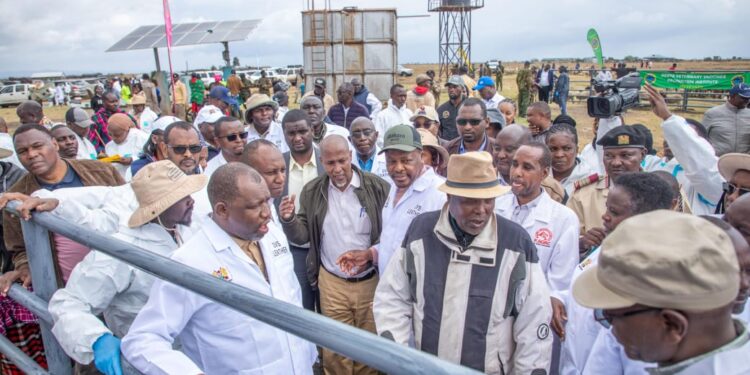






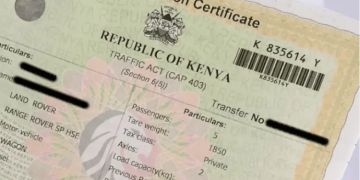
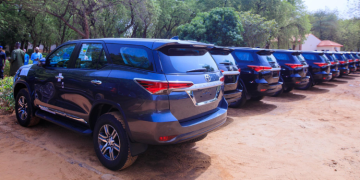









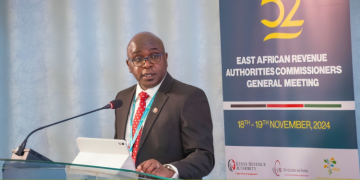
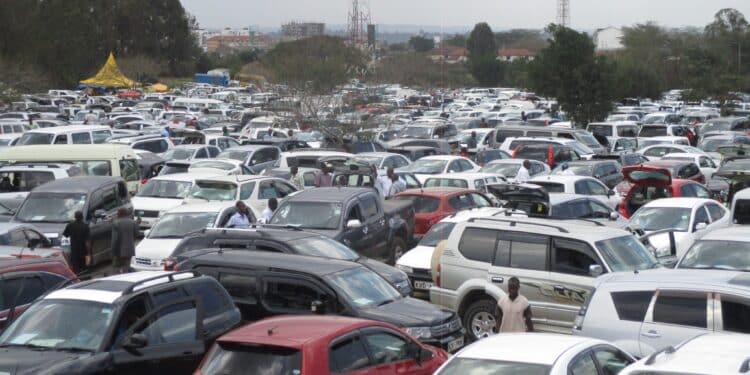
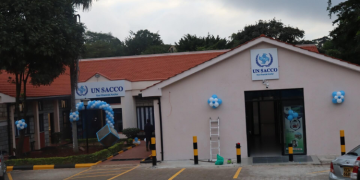
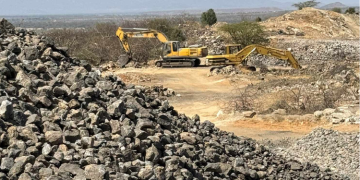
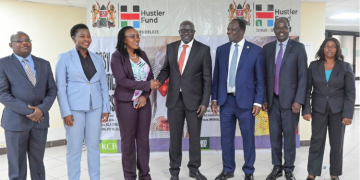
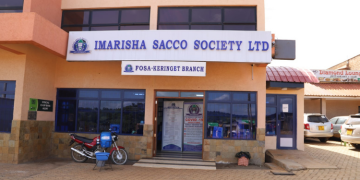


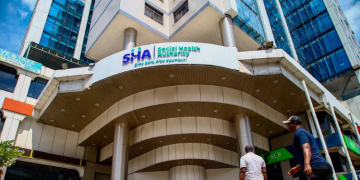



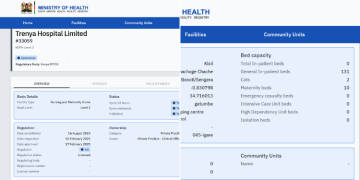

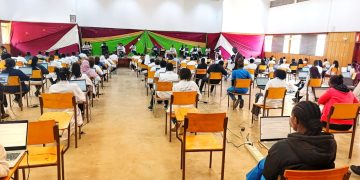



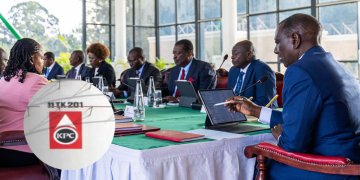


















![Ntv Anchors Bring Village To Standstill With Heartwarming Birthday Party [Photos] A Photo Of Ntv Swahili Anchors Lofty Matambo And Fridah Mwaka During Their Birthday Celebration In Kilifi County Photo/ Lofty Matambo And Fridah Mwaka]( https://thekenyatimescdn-ese7d3e7ghdnbfa9.z01.azurefd.net/prodimages/uploads/2025/09/A-photo-of-NTV-Swahili-anchors-Lofty-Matambo-and-Fridah-Mwaka-during-their-birthday-celebration-in-Kilifi-County-PHOTO-Lofty-Matambo-and-Fridah-Mwaka-360x180.png)



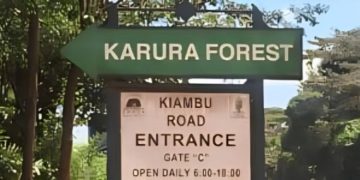
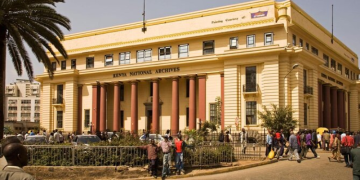





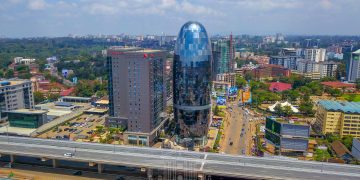



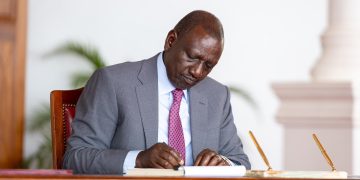


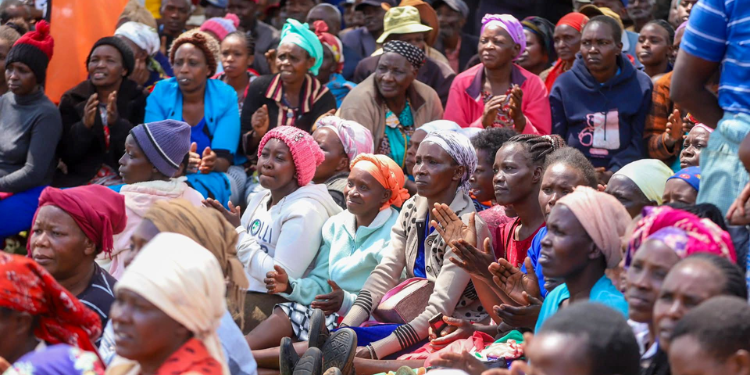




We are a registered community based Organization called Bomonyara. Can we apply as a group or individuals?
Good
* Am interested in seeing the right-full farmer benefit
* Manipulating should be dealt with in a meaning-full way